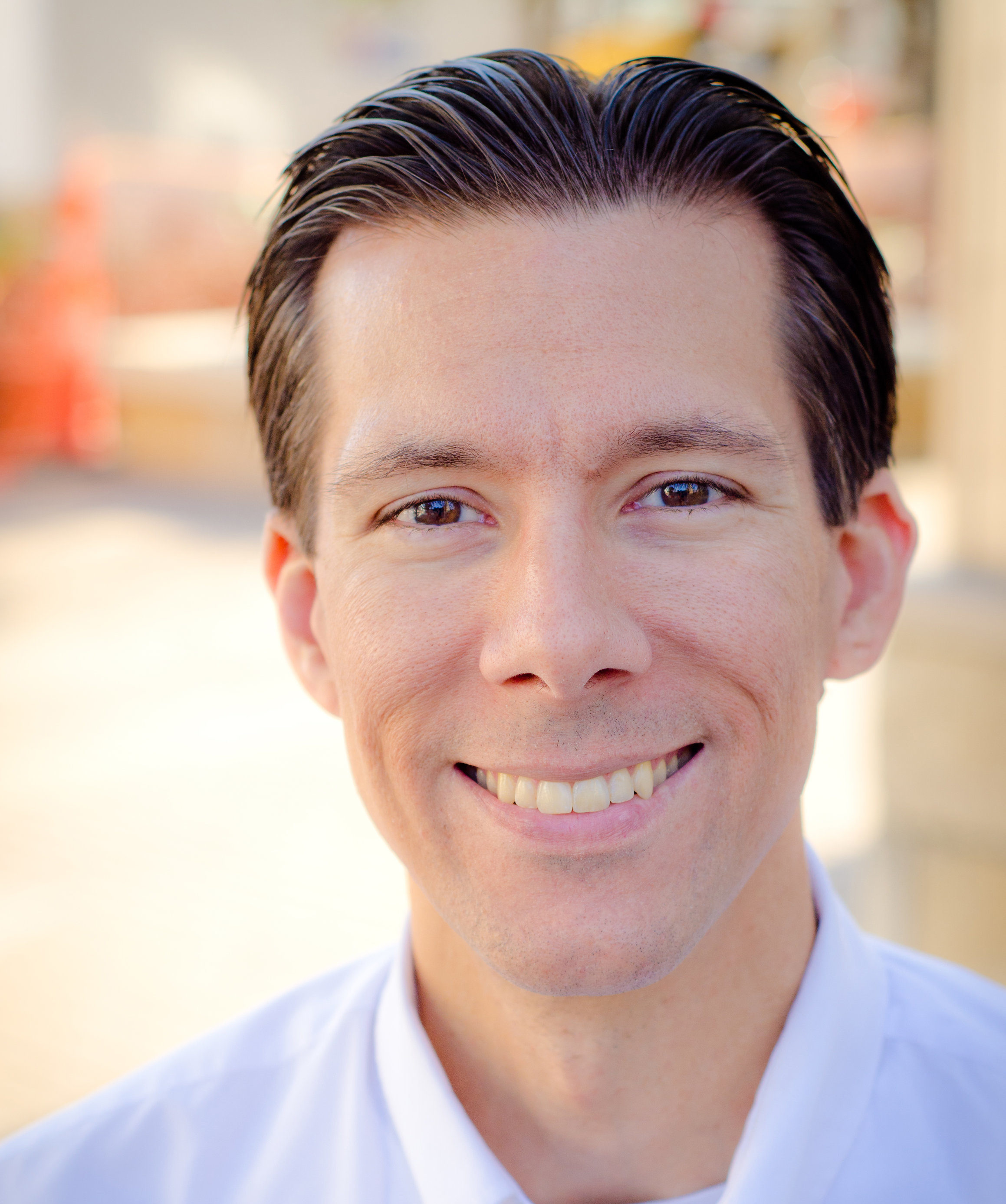That Robert Kagan’s recent essay, “The Strongmen Strike Back,” has sparked controversy is an unfortunate commentary on our public understanding of the state of the world. Kagan’s thesis – that contemporary geopolitical conflict is increasingly between the free world and a loose collection of authoritarian regimes – is essentially correct, and obviously so to my mind. I might quibble with a few of his claims, especially about history, but his big-think framework for understanding the global landscape is a good one. At least (as the old saying goes) it’s good enough for government work. I mean that quite literally.
Kagan’s view is a logical extension of his lifetime of work as a diplomatic historian and policy advocate. I suspect most of Kagan’s critics are unfamiliar with his broader body of work and how his recent essay flows from it. In Dangerous Nation, the first in a planned series on U.S. diplomatic history, Kagan showed that liberal ideology and the expansion of American power have been at the heart of American foreign policy since the beginning of the Republic.
In four subsequent shorter works (Of Paradise and Power, The Return of History, The World America Made, and The Jungle Grows Back), Kagan outlined how he thinks this foreign policy ideology should shape America’s understanding of the world today and tomorrow, which he brings together in his recent essay. Kagan believes that American ideology and American power helped build what we call the liberal international order; that the liberal order is good for America and for its allies; that liberal order has enemies who are trying to hurt us and against whom we must be eternally vigilant; and that liberal order decays without constant maintenance and attention.
Our apathy about the liberal order is a luxury that comes from having grown up within it. Kagan’s message is Colonel Nathan Jessup’s from A Few Good Men, reminding us that:
Son, we live in a world that has walls, and those walls have to be guarded by men with guns… my existence, while grotesque and incomprehensible to you, saves lives… I have neither the time nor the inclination to explain myself to a man who rises and sleeps under the blanket of the very freedom that I provide and then questions the manner in which I provide it.
I hate clichés, but sometimes they are apt: freedom is not free—the “free world” is not free—and Kagan is warning us that we have skimped on the price of freedom for a generation and the bill is coming due. Kagan, thankfully, does have the time and inclination to explain, again and again, why American engagement abroad is good and right for America and for the world. I am sympathetic to Kagan’s argument in part because, as a veteran, I am perhaps more viscerally aware of the price we pay to sustain a system of ordered liberty at home and abroad. And I am sympathetic for self-interested reasons: I made substantially the same argument in my book, American Power and Liberal Order (reviewed by Providence here): liberal order is the outer perimeter of American security.
II.
Kagan has come in for criticism on a number of fronts. First, several critics have taken him to task for his retelling of history. Daniel Strand criticizes Kagan’s history as “history in the service of an agenda,” and accused him of writing a “salvation narrative.” Paul Marshall says Kagan’s history is “sectarian,” which is true, because it is true of every retelling of history. Strand is at pains to explain the variations and gradations amongst history’s various non-democratic regimes, which is an interesting non-sequitur that is true and has no bearing whatsoever on Kagan’s actual argument. Marshall and Joshua Mitchell (rightly) criticize his simplistic understanding of the Enlightenment and his underappreciation for religion’s role in it.
Second, Marshall complains that Kagan didn’t define liberalism in his essay and criticizes him for not solving liberalism’s internal problems or addressing its weaknesses. This calls to mind another cliché: the book reviewer who gives a negative review to a book because “it wasn’t the book I wanted to read.” Kagan wasn’t writing an essay on liberalism; he was writing an essay about the state of the world and liberalism’s place in it. Read Jonah Goldberg’s Suicide of the West for a (secular) attempt to reformulate liberalism on sustainable grounds. Or read Providence Magazine’s recent symposium on Augustinian Liberalism for the beginnings of a Christian approach to the same question.
Third, critics have argued that Kagan simplifies too much by suggesting a global conflict between the allied democracies on one side and a menagerie of authoritarian regimes on the other. Strand accuses him of reductionism. He and Mitchell and Marshall all accuse Kagan of “Manicheanism.”
This is a tired criticism, a misuse of history, and a misunderstanding of what Kagan’s essay was meant to achieve. Manicheanism was a religious system in the ancient world that held good and evil were diametrically opposed and equally powerful. Today people, like Kagan’s critics, use the word to mean any stark duality between opposites, especially any opposition between right and wrong. To be frank, this is intellectually lazy. Every ethical system in history at root depends on there being a difference between right and wrong. If “Manicheanism” means any belief that one thing is right and its opposite is wrong, then I am a Manichean and so is Jesus, and so was Muhammad, George Washington, and Mother Theresa.
Kagan’s survey of the geopolitical landscape is not “Manichean” in any meaningful sense. It is not simplistic either: it is simplified, and deliberately so. Contrasting a thing with its opposite is a helpful way of forcing us to think in ideal types. Kagan, who has a PhD in history, is obviously aware of the many nuances and variations in regime type that have recurred throughout history. But for the purpose of policy advocacy—for the sake of government work—we can usefully think of two: liberal and illiberal. Democracy and its opposite. Regimes founded on respect for the dignity of the individual and regimes that aren’t. This is a key variable that explains a wide range of state behavior.
Criticizing Kagan for a lack of nuance here is criticizing him for something he wasn’t trying to do in the first place. Kagan is moving from scholarship to advocacy, simplifying a complex world to communicate big picture ideas to a broad audience. He is doing the work of a public intellectual, trying his hand at persuasion in the public square, not in peer review. If y0u want the peer-reviewed version of his argument, go read his other books (or mine), but don’t criticize an essay for not being as long and nuanced as the books he’s already written. The simplified view of the world Kagan offers is correct in its broad outlines and thus is a helpful contribution to public debate and to policymakers, for whom liberal ideology functions as their de facto operational code.
III.
Fourth, critics seem most upset by Kagan’s suggestion that the geopolitical conflict between democrats and authoritarians is mirrored in domestic political conflicts in the United States between nationalists and internationalists. The critics’ concern is understandable: it sounds like Kagan is saying that disagreeing with him is not merely wrong, it is disloyal and possibly dangerous. Intellectual dissidents become a suspect Fifth Column for the authoritarian international.
Kagan, of course, says nothing of the kind. In fact, he acknowledges a disturbing truth I’ve written about elsewhere. “Indeed, these days the anti-liberal critique is so pervasive, at both ends of the political spectrum and in the most energetic segments of both political parties, that there is scarcely an old-style American liberal to be found.” Illiberalism is rife everywhere on the American political spectrum, from the progressive left to the nationalist right.
Kagan is not accusing his critics of treason; he is drawing attention to the clear connection between domestic politics and foreign affairs. In Dangerous Nation Kagan made a similar argument about westward expansion in the 19th century. I do not have the book in front of me, but if memory serves Kagan argued that westward expansion slowed in the 1840s, not because of structural conditions or the economy, but because of ideology and domestic politics. The Democrats were pro-expansion because they wanted to expand slavery and, subsequently, their grip on national power. Whigs, who won power in 1840 and again 1848, slowed expansion to prevent the Democrats from carrying out their plans.
It is not unreasonable to observe a similar connection between domestic politics and U.S. foreign policy today. Elections have consequences. Americans elected Barack Obama in 2008 on a platform of ending the Iraq War. He carried out his promise, and Iraq collapsed in chaos and genocidal violence as a result, much as President George W. Bush predicted and apparently as Americans wanted.
Similarly, Americans elected a nationalist in 2016 with a long and clearly documented record of admiring authoritarians. As President, Trump conferred legitimacy and prestige on North Korean dictator Kim Jong-Un by holding summits with him. He publicly sided with Russian President Vladimir Putin against the U.S. intelligence community on the question of whether or not Russia interfered in the 2016 election. Trump offered excuses for Saudi Prince Mohammad bin Salman after Saudi intelligence services were found complicit in the murder of journalist Kamal Khashoggi.
Trump repeatedly and explicitly rejects what he calls “globalism,” which, as far as I can discern, is the liberal international order that America built and benefits from. Trump wants to divest from that order and has already taken substantial steps—especially rhetorically—to effect its unraveling. This is apparently what 30 or 40 percent of Americans want, and they are making steady progress towards their goal. Kagan is making the simple observation that this goal is inconsistent with the survival and health of the liberal world order with which American national security has been inextricably entwined for much of the past century. In that, he is entirely correct.
Paul D. Miller is a professor of the practice of international affairs at Georgetown University, a senior nonresident fellow at the Atlantic Council, a research fellow with the Ethics and Religious Liberty Commission, and a contributing editor to Providence Magazine.







 Sponsor a student for Christianity & National Security 2024
Sponsor a student for Christianity & National Security 2024